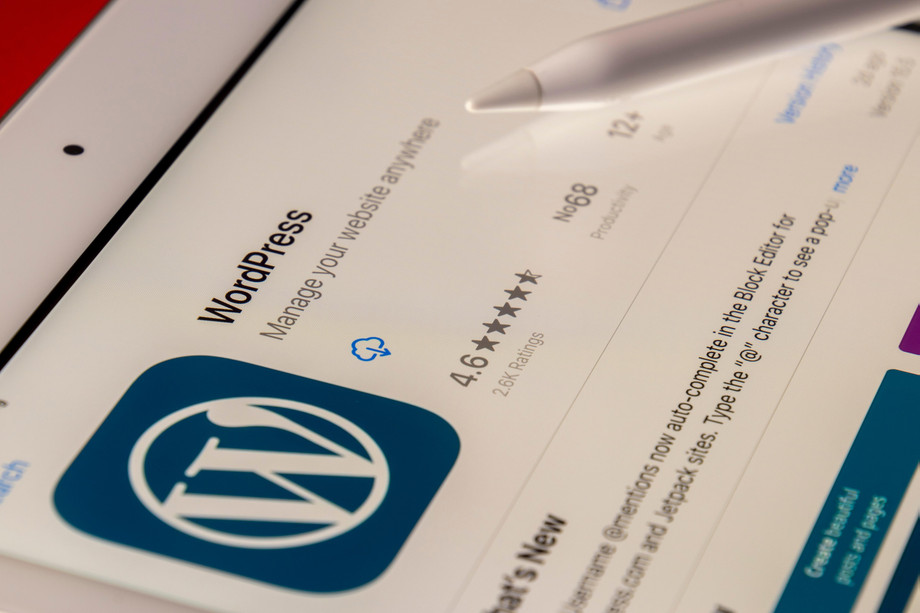Does your WordPress page take more than 3-4sec to load?
If yes, then it’s a problem. The amount of traffic, leads, and conversions you receive and your online business’s brand visibility and overall bottom line are all directly and indirectly impacted by your site’s speed.
Imagine a customer landing on your eCommerce website, your website’s loading speed is the first thing a potential customer sees when they visit your site. They’re more likely to abandon your site and look elsewhere if they see a loading screen.Because of this, your website is misjudged, and the user experience suffers. In addition, all your marketing efforts, including content strategy, conversions, sales, and your company’s revenue, are all harmed due to this problem.
Also Read: App Development Trends That Will Dominate In 2022
Google has recently concentrated on high-quality content and better page experiences to improve the user experience. As a result, websites that can accomplish this will gradually move to the top of search engine results pages. However, page speed issues may prevent you from ranking first. As a result, optimising your website for speed is unavoidable.This article will help you know the market benefits of having your website optimised for speed. But, before that, let’s understand what causes sluggishness in a website.
What are the Causes of a Slow Website
When it comes to loading times, a WordPress website is already on good ground. However, if your website has a lot of pages, content, and features, it can be tough to make sure that each page loads as quickly and efficiently as possible. Here are six of the most typical reasons your WordPress site lags for speed.
1. Render-Blocking JavaScript Is Delaying Page Loads
JavaScript is the code that makes your website functional and interactive for users. Without it, your site would be pretty dull. However, if left unoptimized, JavaScript can delay your pages when they try to load in users’ browsers.
2. You’re Not Using a Content Delivery Network (CDN)
A Content Delivery Network (CDN) consists of several servers that are placed in strategic geographic locations. You can store copies of your website on them so its pages can be quickly loaded by users who are located far away from your main server.
3. Your Site’s CSS Isn’t Optimized
Like JavaScript, your site’s CSS — the code responsible for styling its pages — can delay loading if left unoptimized. There are a few solutions you can implement to get your CSS into shape:
- If you have several external CSS files, combine them into one or a few files.
- Remove external CSS and use inline CSS instead.
- Use “media types” to specify when certain CSS files should be loaded.
4. Large Media Files Are Increasing Loading Times
Media files, such as images and videos, tend to be quite large. Optimizing them through compression can help to decrease their size and, therefore, improve your loading times.
5. Poorly-Written Scripts Are Conflicting With Other Site Elements
Poorly-written JavaScript can sometimes cause compatibility issues with other parts of your website, resulting in longer loading times. Running a speed test using tools such as Pingdom, Web Page Test, and GTmetrix can often point out scripts that are taking a long time to load.
6. Your Site’s Code Is Too Bulky
The more code your user’s web browser has to load, the longer it will take for your website to become visible. If your code is too “bulky” or contains unnecessary characters and line breaks, your site may be slower. In response, you can “minify” that code by removing the elements that aren’t needed.
7. Plugins Are Weighing Your Site Down
Having too many plugins — or even a few very bulky ones — can weigh your website down and cause poor performance. It’s wise to always completely remove any plugins you’re not using to minimize the chance that this will happen.
Also Read: Top Tech News Of March 2022
Benefits of Using Professional Page Speed Optimization Service
When businesses consider how to address page loading issues and speed up their websites, they are usually faced with three options – doing the task in-house, hiring a freelancer, or contacting a WordPress agency. And, depending on the specific case, all three can be a good choice.
However, just to be safe, we always advise partnering up with an agency. Not only because LiangTuang Technologies is one of the top WordPress development companies, but because the benefits significantly outweigh the disadvantages. WordPress agencies have experienced teams at your disposal, capable of handling large websites with thousands of pages.
That said, you can use GTmetrix, Google Search Console, PageSpeed Insights, or other tools to identify the issues on your website. So let’s have a look at how your business can benefit from a page speed optimization service.
Also Read : Top Tech News Of April 2022
- Full Website Diagnostics
In order to identify speed and loading issues, the WordPress agency you hire will have to make a full website audit and diagnostics. This way they can identify what is slowing your pages down so they can fix it.
2. High-Quality Execution and Results
Fixing speed and performance issues can be cumbersome and time consuming. That’s why a professional team can handle it better and more swiftly than a freelancer or someone inexperienced.
3. Brand Credibility
A slow loading website is bad for business. People rarely notice when pages load fast, because they simply expect this by default. But they definitely will notice when it takes too long, and thus, this makes them think less of your brand.
